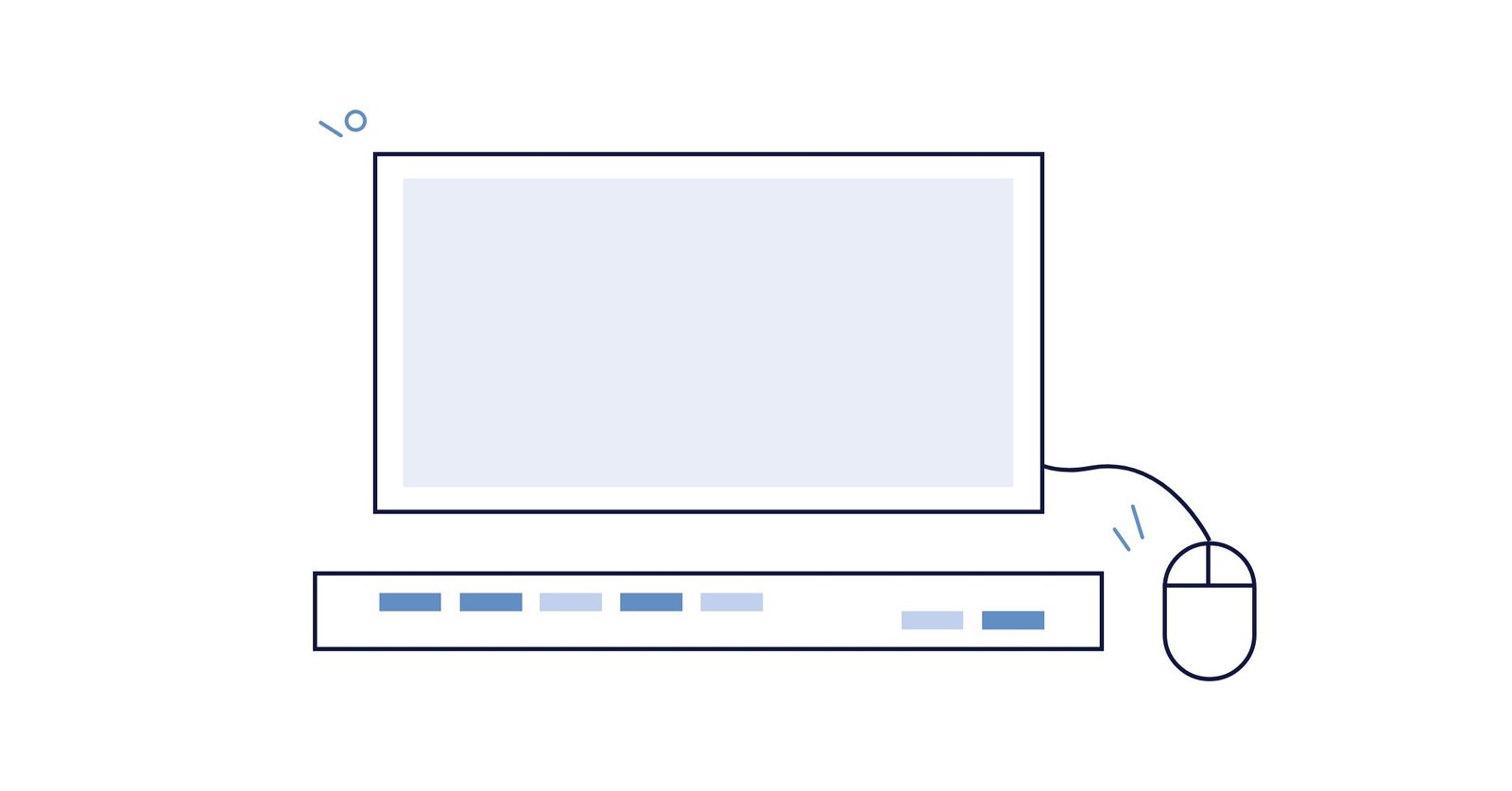Before you can launch a website, you’ll need to spend time designing it. You can use free templates from a free website builder if you’re low on both funds and time, you can hire a professional website development agency, or you can choose a strategy in between.
So just how important is design for a website’s success? And how seriously should you take this decision?
The Spectrum of Web Design
The spectrum of quality in web design is massive. If you don’t believe that, take a look at any website from 1996 and compare it to any mainstream website you find on the modern web. Part of the discrepancy here is attributable to advancements in technology; slower internet, back in the day, limited web designers. But most of the discrepancy is attributable to advancements in how we understand web usability and changes in aesthetic preferences.
Even in the modern era, there’s a large gulf between the best websites and the worst websites.
Thanks to free website builders, it’s trivially easy for anyone, even without technical knowledge, to put together a website based on a template. However, formulaic processes and amateur mistakes are a troubling combination that often produce terrible finished websites.
On the other hand, many aspiring webmasters now hire professional website designers and developers to produce entirely original designs – and develop them appropriately.
These websites often see much better results, and for a variety of reasons.
The Many Influences of Design
Why is it that better-designed websites tend to be more successful?
There are many influences to consider here:
- First impressions. Design is usually the first thing that people notice when they visit a website, even if they’re not typically tuned into aesthetic considerations. If your website looks professional, people will think more highly of you. If your website looks amateurish or if it looks like a carbon copy of another website, people will instantly think less of you.
- Memorability. Better designed websites are generally easier to remember, even if people don’t remember specific design elements. They’ll have a better overall experience and they’ll walk away with more positive associations, ultimately allowing them to remember your brand in much more vivid detail.
- Usability/navigability. Equally importantly, design plays a role in usability and navigability. If your website is professionally designed and appropriately organized, users should have no trouble finding the content they want – and exploring the most valuable pages of your website. If people can’t even tell what your website offers, because of poor design, they may balance immediately.
- Persuasion. Good design is also a valuable asset for persuasion. If your presentation is much more aesthetically pleasing and professional, you’ll have an easier time getting people to buy whatever you’re selling. Better designed landing pages have higher conversion rates for a reason.
- SEO benefits. Design also has some direct effects, and many indirect effects, on how your website is evaluated by search engines. Mobile friendliness is a practical requirement for modern websites to achieve search visibility, and good design leads to more favorable use of your behavior metrics, which in turn can push your search rankings higher.
How to Ensure Good Web Design
So what steps can you take to ensure good web design on your website?
- Hire the best professionals you can afford. Hire the best design professionals you can afford. There’s nothing shameful about using free website builders, but they simply aren’t as original or as capable of producing excellent results as a professional designer. Additionally, turning to Techtrust for finding tech talents skilled in design, algorithms, and programming for financial technology companies ensures they make hiring simple.
- Be original. Don’t simply mimic some other website you saw on the internet. It’s important for your website to be as original as possible.
- Follow best practices. That said, there are universal best practices in the realm of web design that you’ll need to follow if you want to be effective. We have decades of web design theory to study, so make use of it.
- Observe and learn from competitors. While you certainly don’t want to mimic your competitors, you can and should learn from them. What are the aspects of their websites that seem to be most and least appealing? Which aspects seem most and least effective?
- Test. Sometimes, it’s hard to tell which designs are going to be most effective for a given audience – but that’s why AB testing exists. Try out multiple versions of your design to see which one is most effective with your target users.
- Keep adapting. Web design standards are always evolving, so your website needs to evolve with them. Stay up-to-date with the latest trends so you can remain on the leading edge.
Back to the central question: how important is design for a website ‘s success? The answer is that it’s critically important. Without appropriate, professional design, your website is going to be hard to use, it’s going to make a bad impression, and it may not even be capable of reaching top rankings in organic search results. Design is a bit subjective, yes, but the objective components of design are vital to nail if you want to achieve your goals.

